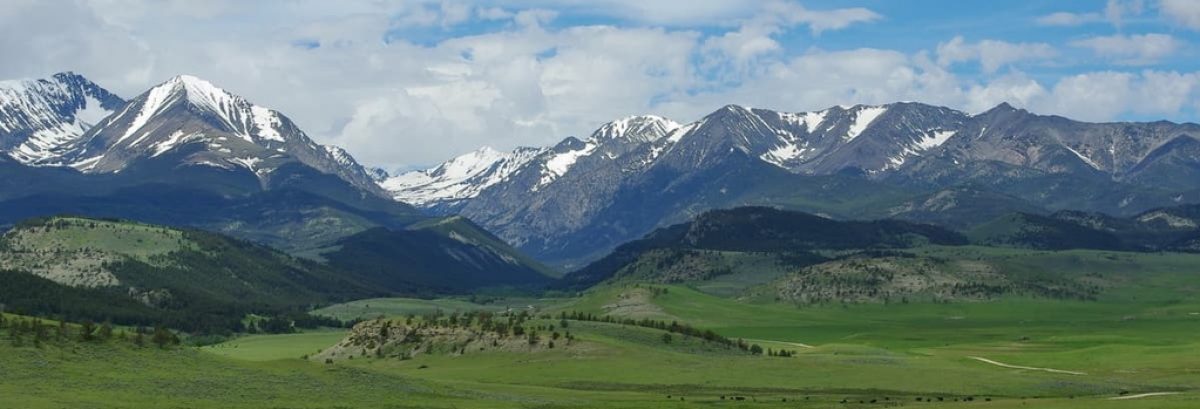Advice on how to avoid the rise of a demagogue, a political leader who seeks support by appealing to the desires and prejudices of ordinary people rather than by using rational argument from:
Aldous Huxley (26 July 1894 – 22 November 1963) was an English writer and philosopher. He wrote nearly fifty books both novels and non-fiction works—as well as wide-ranging essays, narratives, and poems. In his most famous novel Brave New World (1932) and his final novel Island (1962), he presented his vision of dystopia and utopia, respectively.
George Orwell, was an English novelist, essayist, journalist and critic. His work is characterized by lucid prose, biting social criticism, opposition to totalitarianism and mass surveillance. As a writer, Orwell produced literary criticism and poetry, fiction and polemical journalism; and is best known for the allegorical novella Animal Farm (1945) and the dystopian novel Nineteen Eighty-Four (1949).
“The framers and ratifiers of the original Constitution (the founders) understood that an elected President could destroy the Republic by inciting popular passions and abusing his powers. See generally Julian Mortenson, The Executive Power Clause, 168 U. Pa. L. Rev. 1268, 1298-1302 (2020) (the framers sought to balance the need for vigorous law execution with the need to restrain “presidential abuse”). Alexander Hamilton recognized in the Federalist Papers that most men “who have overturned the liberties of republics . . . beg[an] their career[s] . . . [as] demagogues.” The Federalist No. 1 (Alexander Hamilton). Hamilton later explained in a letter to George Washington what this demagoguery looked like:
When a man unprincipled in private life desperate in his fortune, bold in his temper, possessed of considerable talents, . . . —despotic in his ordinary demeanour—known to have scoffed . . . at the principles of liberty—when such a man is seen to mount the hobby horse of popularity—to join in the cry of danger to liberty—to take every opportunity of embarrassing the General Government & bringing it under suspicion—to flatter and fall in with all the nonsense of the zealots of the day—It may justly be suspected that his object is to throw things into confusion that he may ‘ride the storm and direct the whirlwind.’
Letter from Alexander Hamilton to George Washington (Aug. 18, 1792), Nat’l Archives: Founders Online, https://founders.archives.gov/documents/Hamilton/0112-02-0184-0002.
Echoing Hamilton’s remarks about the “cry of danger,” Justice Jackson suggested that the framers knew that a President with emergency power might “kindle emergencies” to create a “pretext for usurpation” of power. Youngstown Sheet & Tube Co. v. Sawyer, 343 U.S. 579, 650 (1952) (Jackson, J., concurring). Similarly, this Court recognized just after the Civil War that “wicked men, ambitious of power, with hatred of liberty and contempt of law” may become President. Ex Parte Milligan, 71 U.S. 2, 125 (1866).
